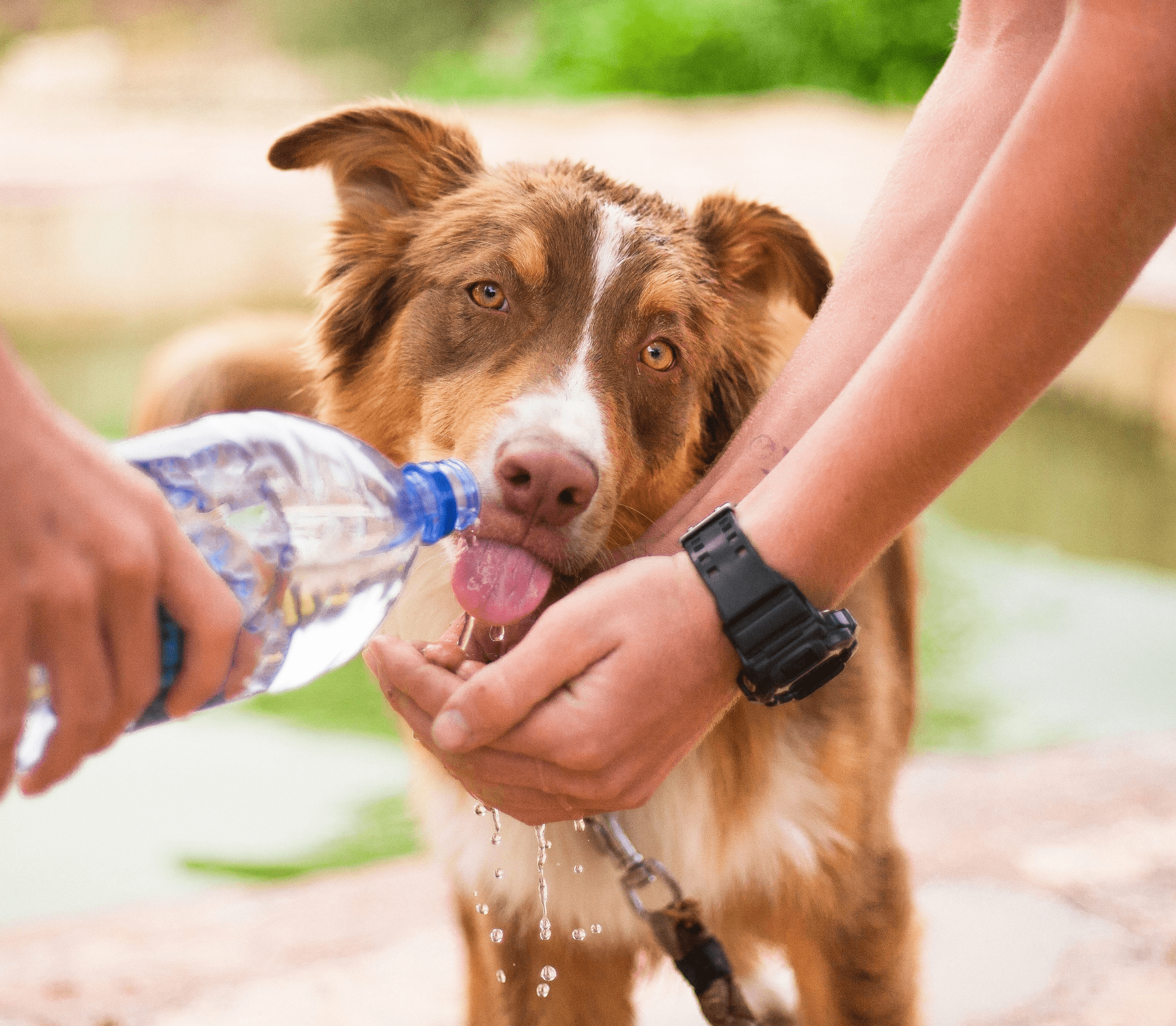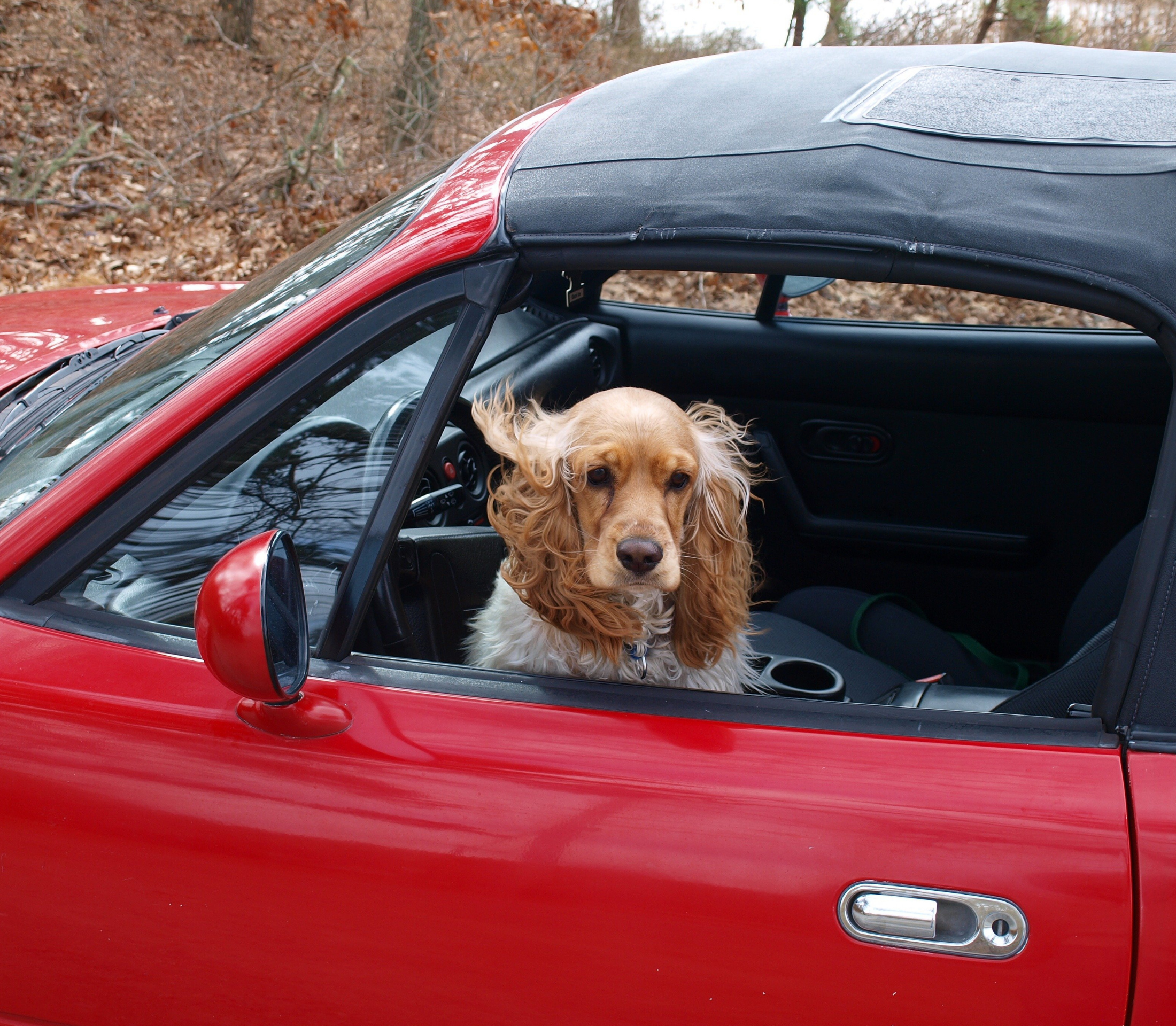Taking Fluffy to the Vet
August 22 nd is a special day for many of our patients … even though they may be inclined to disagree. It’s Take Your Cat To The Vet Day! Your pet may very well prefer to spend her time doing, well, basically nothing. However, she’ll be healthier—and therefore happier—if she sees her doctor regularly. Here, a local Washington DC vet discusses taking your kitty to the vet.
Booking
There are a few things to consider when booking an appointment. If you are getting your cat fixed, you may want to schedule it for a time when you can stay home with her for a few days. If you have more than one kitty, you may want to book them at the same time, or at least in the same week. It’s best if they are on the same schedule for vaccines and parasite control.
Fluffy’s Care Needs
Your furball’s veterinary care needs will change over time. Kittens will need microchipping and spay/neuter surgery, as well as their initial vaccinations and parasite control. Adult cats may only need wellness care. Senior kitties, however, will benefit from more frequent appointments. Follow your vet’s recommended appointment schedule. In between visits, keep an eye out for signs of illness. Call us right away if you notice anything unusual. (Note: by ‘unusual,’ we mean unusual for your cat. We understand that Fluffy is, well, quirky.)
Carrier
Cats should always travel crated. Fluffy could interfere with your driving if she’s loose in the car. That could be very dangerous! When picking a crate, choose one that will be easy to get your kitty in and out of. Make the crate comfy and inviting for your feline friend. Add comfy bedding, and give your pet toys and treats near it. If all else fails, tell her to stay out of it. She’ll probably jump right in!
The Ride
As you may have noticed, most kitties are not very fond of car rides. In fact, many of our feline patients are more distressed about the trip over than the appointment itself! Try to make the drive a bit easier on Fluffy. Keep a window cracked for airflow, and play soothing music on the radio. Avoid potholes, sharp turns, and sudden stops or starts.
Do you need to make an appointment for your kitty? Contact us, your local Washington DC vet clinic, today!



